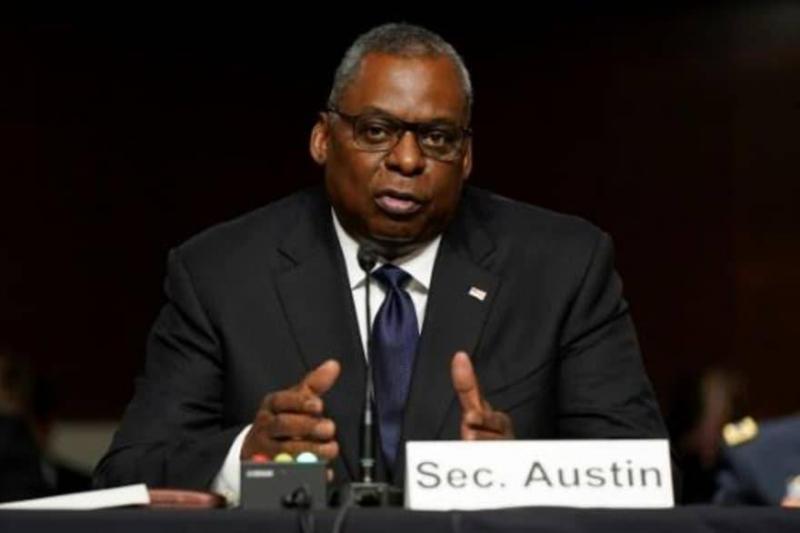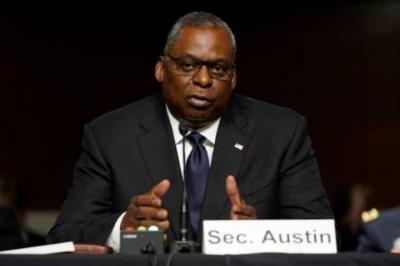U.S. defense officials acknowledged on Tuesday that miscalculations led to a “strategic failure” in Afghanistan as the Taliban triumphed effortlessly after a 20-year war. U.S. Army Chief of Staff General Mark Milley and U.S. Central Command head General Kenneth McKenzie publicly admitted for the first time that they advised President Joe Biden to keep 2,500 troops in Afghanistan to avoid the collapse of the Kabul government. Their remarks came during a Senate hearing on the chaotic end of the war in Afghanistan.
President Biden chose not to heed this advice, stating in August that he had not received it. He said in an August 19 interview with ABC News, “No one told me that, to my knowledge.” U.S. Defense Secretary Lloyd Austin remarked, “The collapse of the Afghan army we trained alongside our partners, often without firing a shot, surprised us,” adding, “It would be inaccurate to claim otherwise.” He continued, “We did not realize the extent of corruption among their senior officers and their lack of competence; we did not appreciate the damage from the many unexplainable changes made by President Ashraf Ghani in leadership; we did not anticipate the snowball effect of the agreements the Taliban reached with four local leaders following the Doha agreement, nor that the Doha agreement would undermine the Afghan army.”
The Trump administration signed a historic agreement with the Taliban on February 29, 2020, in Doha, which stipulated the withdrawal of all foreign troops by May 1, 2021, in exchange for security guarantees and the initiation of direct negotiations between the insurgents and Afghan authorities.
Regarding credibility, General Milley stated that what occurred represents a “strategic failure.” He remarked, “The enemy is in power in Kabul. There is no other way to describe the situation.” He also warned that the risk of al-Qaeda and ISIS regrouping in Afghanistan is a “very real possibility.”
While the Pentagon asserts its capability to continue drone strikes against al-Qaeda and ISIS from afar, General McKenzie was asked about the chances of avoiding attacks on U.S. interests from jihadist groups launching from Afghanistan, to which he responded, “We’ll have to wait and see.”
General Milley indicated that the decision to withdraw military advisors from Afghan units three years ago contributed to overestimating the Afghan army's capabilities. He stated, “We did not conduct a comprehensive assessment of the leadership's morale and resolve.” He continued, “One can count the planes, trucks, and vehicles... but the human heart cannot be measured by machine.”
Divergence between the positions of the Chief of Staff and the Defense Secretary emerged when a committee member asked whether the withdrawal had "damaged" the United States' reputation. In response, the Chief of Staff said, “I believe our credibility with allies and partners around the world, and with adversaries, is under significant reconsideration,” adding, “The word damaged can be used, yes.” However, the Defense Secretary disagreed, asserting, “I believe our credibility remains strong.”
The U.S. Army Chief of Staff confirmed that he never doubted the mental state of former President Donald Trump at the end of his term, contrary to assertions from journalists he admitted speaking to. General Milley stated before Congress, “I am confident that President Trump did not intend to attack the Chinese, and it was my direct responsibility, on behalf of the Secretary, to clarify the President’s intentions.”




